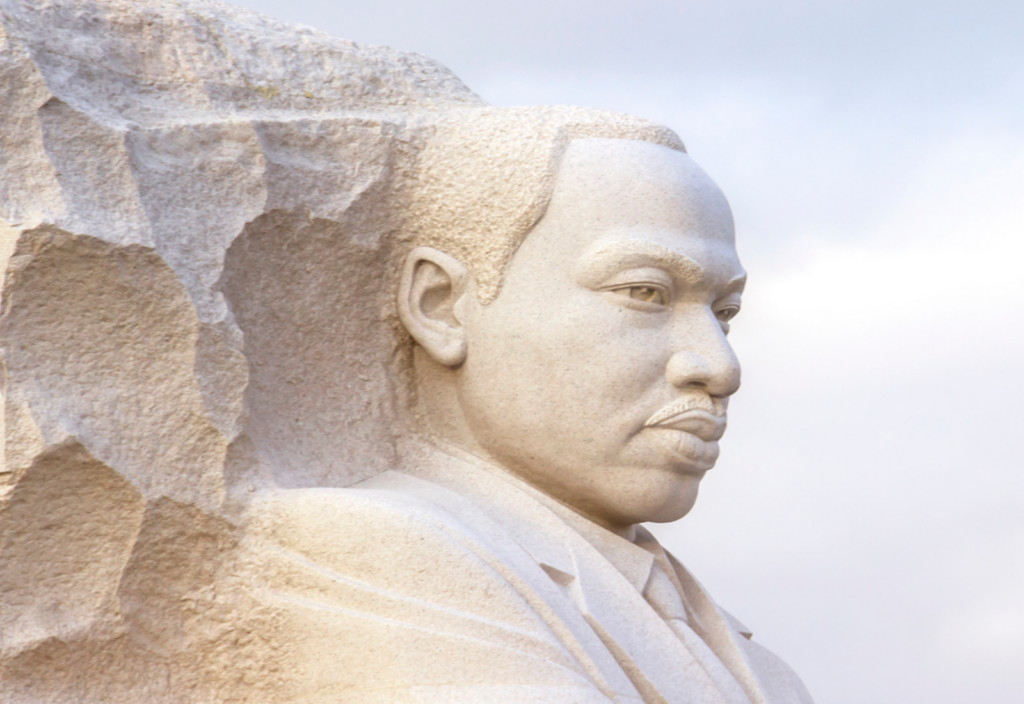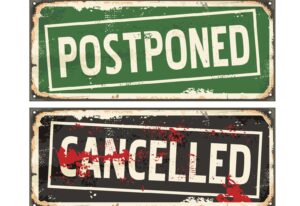Happy MLK Day!
If Martin Luther King Jr. were alive today, he would almost certainly advocate to end the War on Drugs. Dr. King never spoke publicly about drugs or cannabis in particular: he was assassinated in 1968, two years before President Nixon signed the Controlled Substances Act (CSA). But it is well established that the War on Drugs was and is a war on minorities and people of color. It is the antithesis of equality and justice. And it is still going strong.
When I first wrote an MLK Day blog post five years ago, FBI data indicated that “marijuana arrests [were] increasing, even as more states legalize[d] possession and sale of the plant.” There were 663,367 marijuana-related arrests that year. In 2019, the number dipped to 545,601. In 2020, the number fell appreciably to 350,150 (likely accelerated by COVID). Still, this unacceptable number represents a cannabis arrest every 90 seconds throughout the United States. Most of those arrests cover simple possession, and a majority target people of color.
I am terribly, terribly disappointed in our leadership on this. Most of our leaders are cowards, starting at the very top. On the campaign trail, Joe Biden pledged to “decriminalize the use of cannabis and automatically expunge all prior cannabis use convictions.” That promise sits moldering right here on the “Black America” page of his website. Biden has done nothing. During the first year of his presidency, it seems likely that 300,000 (or more) Americans have been arrested and convicted of simple possession of marijuana. Penalties range from low-level misdemeanors to life imprisonment without parole in extreme cases.
We graded Joe Biden a “D” back in 2019 when canvassing the presidential candidates on cannabis. He was on the wrong side of the drug war for decades; and now the president is dragging his feet. We graded V.P. Kamala Harris somewhat higher, floating her a “B”. That seems like an error in hindsight. Since ascending to the White House, she also has disappointed.
Four years ago this week, I went after Harris pretty hard on this blog. I criticized her position on cannabis as “mostly just talk”, explaining:
There are several reasons why Ms. Harris has been catching significant flak for her half measures on cannabis, as compared to other officials: 1) she hails from California, the first state with a medical cannabis program and the world’s largest cannabis economy; 2) she comes from the executive side, having served as California Attorney General; 3) she is a celebrity national politician, who is often floated as a 2020 presidential candidate; and 4) she is constantly talking about the failed War on Drugs. In fact, she talks about it pretty much every single day.
But it’s all talk. As California Attorney General, Ms. Harris did little to advance her state’s interest as to cannabis. In 2014, when she was asked for her opinion on legalizing adult-use cannabis, her response was dismissive laughter. As a U.S. Senator, she has failed to sponsor or even co-sign any bill to re- or deschedule marijuana (and there are some good ones). Aside from lots of talking, Harris’ one big move has been to put together a petition to decriminalize marijuana nationwide (but not to revise the CSA). My eight-year-old niece could do that.
When it became politically convenient for Harris to come around to marijuana reform, she did, including through her sponsorship of the MORE Act prior to leaving the Senate. But now Harris is the vice president, with the ability to advocate and shape drug policy like never before. It’s been crickets. In December, even some Republicans criticized Biden and Harris for “continued silence” on cannabis policy. It’s not a stretch to say that Dr. King would have agreed.
Outside of the White House, other federal representatives continue to fight for cannabis and drug policy reform. Elizabeth Warren and Cory Booker sent a stout letter to the Attorney General in October, requesting that the Department of Justice begin the marijuana descheduling process. The House Judiciary Committee cleared the MORE Act just a few weeks before that. Career advocates from Bernie Sanders to Earl Blumenauer continue to press forward relentlessly. We even have proposed Republican legislation at this point. But ultimately, Biden and Harris hold the keys.
It’s not all terrible news, I suppose. Aside from arrests trending downward, states continue to decriminalize marijuana; to legalize and license the plant; and to expunge convictions in fits and starts. Many local actors are doing what they can. But it’s not enough. As we wrote last year, regulation of cannabis – as well as the composition, orientation and momentum of the industry at large – is nowhere near where it needs to be on civil rights issues.
Change has to come from the top down, as well as the bottom up. Dr. King wrote that we have a moral responsibility to disobey unjust laws. We have a moral responsibility to change them too.
More than anything, drug policy reform is a civil rights and social justice issue. All of our readers should remember that today.
























